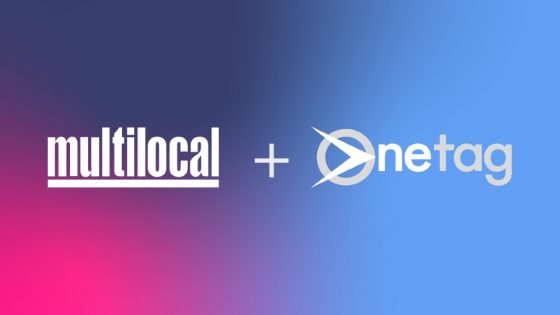The IAB has welcomed Google’s reaction to the Competition and Markets Authority’s (CMA) investigation into internet giant’s Privacy Sandbox initiative, asserting that it creates an opportunity to ‘reset’ the ad-funded web.
Back in January, the CMA launched an investigation into Google’s Privacy Sandbox in response to concerns that Google’s plans for the removal of third-party cookies from Chrome and its introduction of alternatives could impede competition in digital advertising markets.
At the time, Google welcomed the development and has described it as an “opportunity to engage with a regulator with the mandate to promote competition for the benefit of consumers”.
Google has now announced a range of binding commitments to address the CMA’s concerns. These include:
- That it will work with the CMA to resolve concerns and develop agreed parameters for the testing of new proposals. Google will also provide transparency around the timetable, as well as a clear notice period for changes.
- Once third-party cookies are phased out, Google’s ad products will not access synced Chrome browsing histories (or data from other user-facing Google products) in order to track users to target or measure ads on third party web inventory.
- As the Privacy Sandbox proposals are developed and implemented, that work will not give preferential treatment or advantage to Google’s advertising products or to Google’s own sites
You can read the full list of commitments here. The CMA has now launched a consultation on whether to accept Google’s commitments, which you can respond to by submitting written representations to Angela Nissyrios and Simon Deeble at 50972-Consultation@cma.gov.uk by 8 July 2021 at 5pm.
IAB UK’s CEO Jon Mew said: “At the IAB, we have always been really clear that the phasing out of third-party cookies is an opportunity to reset the ad-funded web for the better, which is why we have laid out clear principles that we believe any viable User ID solutions must meet. I think that the CMA’s investigation into Privacy Sandbox and Google’s commitments to address its concerns about the potential impact on competition are an important and valuable part of this process.
“The commitments allow the wider industry to have confidence that Google’s proposals are being developed in a way that takes into account both competition and privacy objectives, with the benefit of regulatory oversight brought by the CMA. The phasing out of third-party cookies is the most seismic shift that the digital ad industry has ever experienced and it’s only right that developments in this space are subject to appropriate scrutiny.”




